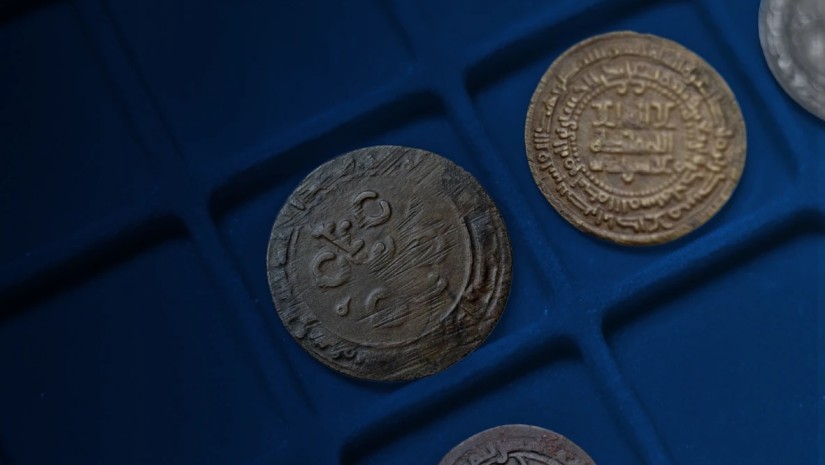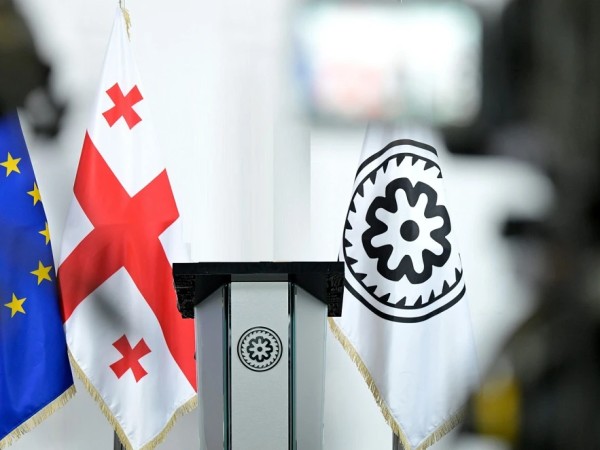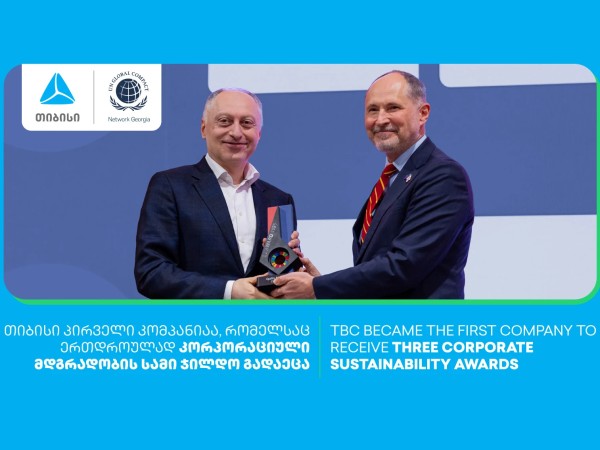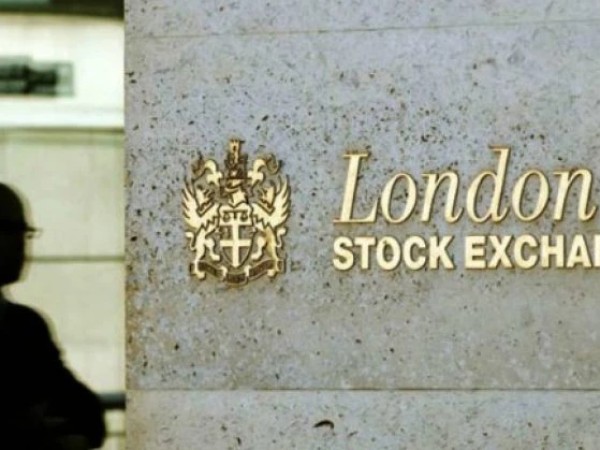Tbilisi (GBC) - According to TBC Capital’s monthly macroeconomic review, Georgia’s economy grew 6.4% in September, with average growth of 6.5% in Q3 and 7.7% over the first nine months of 2025.
Credit investment remains high at 13.4%, while real lending growth slowed to 8.2%. The cumulative budget deficit narrowed to 0.5% of GDP, compared to an average of 2.3% in 2022–2024, and government debt fell to 35.2% of GDP.
External inflows remain robust: EU and US remittances, which make up 66% of total transfers, grew by 13.7% annually in September. Tourism revenues increased by 6.6% in Q3 and 5.1% over nine months, with rising activity from China, India, Uzbekistan, Israel, and Azerbaijan, while Russia saw a decline despite more visitors. Non-resident spending via TBC channels remained positive, though growth slightly slowed in October.
Goods exports increased by 7.7% in the first nine months, driven by re-exports of cars and growth in local exports like precious metal ores, live animals, nuts, ferro-alloys, and wine. Imports grew by 4.3%, with a sharp 31% decline in car imports offset by growth in other categories. As a result, the goods trade deficit narrowed to 28.7% of GDP, the lowest in the last decade. The terms of trade improved slightly due to higher international gold prices, and overall net foreign exchange inflows remain strong, supporting the GEL.
Inflation reached 4.8% in September and 5.2% in October, in line with forecasts. Price increases were driven by local and mixed food products, while imported goods saw slight deflation due to lower fuel prices.
TBC Capital expects inflation to ease to around 4.5% by year-end. With stable foreign exchange inflows, larization of deposits increasing, and the National Bank’s interventions, the GEL is projected to remain near current levels through 2025.






















